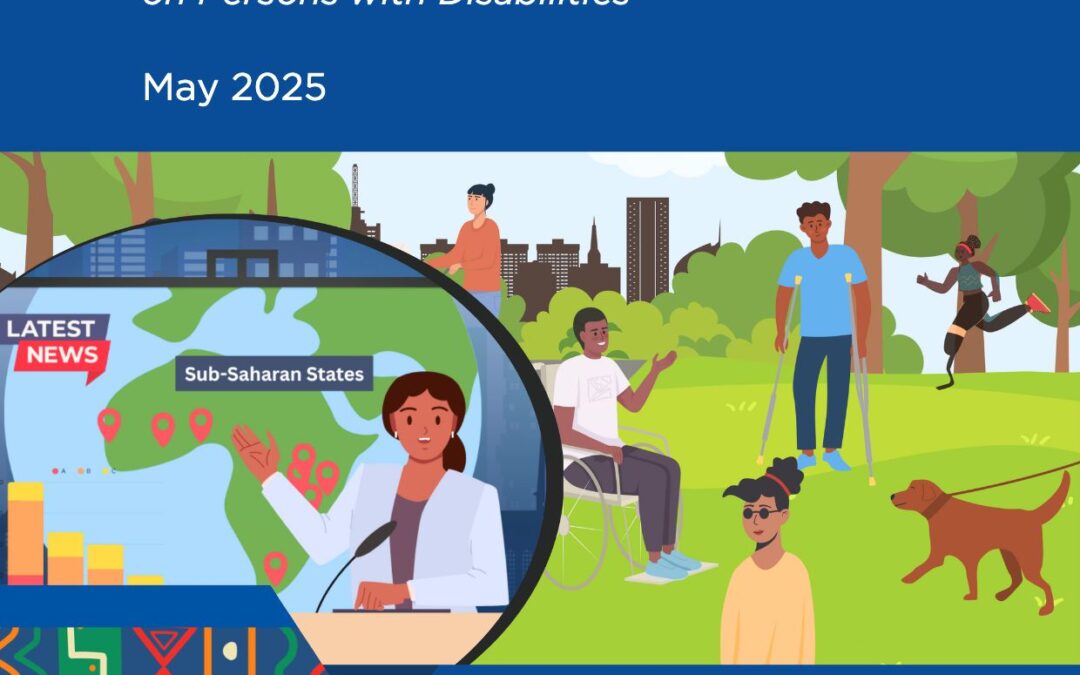

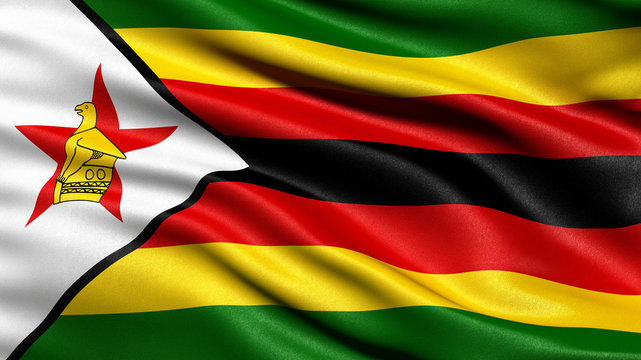
Zimbabwe: Serious human rights violations call into question the legitimacy and credibility of the Zimbabwe election results
The International Commission of Jurists (ICJ) has condemned the widespread human rights violations reported by election observers, non-governmental organizations (NGOs) and human rights defenders which appears to have had an adverse impact on the fairness and...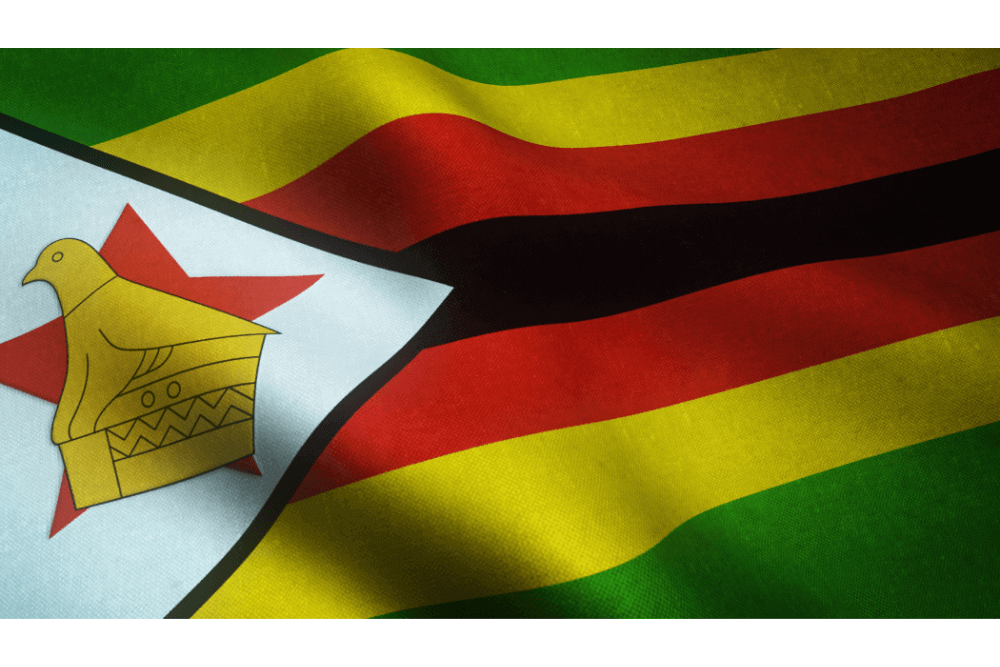
Zimbabwe: ICJ welcomes the acquittal of Joana Mamombe and Cecelia Revai Chimbiri by the high court on criminal charges of communicating false statements related to their abduction, torture and sexual assault
The International Commission of Jurists (ICJ) welcomes the judgment of the Harare High Court which has acquitted human rights activists Joana Mamombe and Cecelia Revai Chimbiri following their arrest on 10 June 2020. The case reviewed magistrate Faith Mashure’s decision to charge the women for “publishing or communicating false statements prejudicial to the State”, or alternatively, “defeating or obstructing the course of justice”. The high court held that the magistrate’s finding of a prima facie case against the human rights activists was grossly unreasonable and attributed to bias and mala fides.
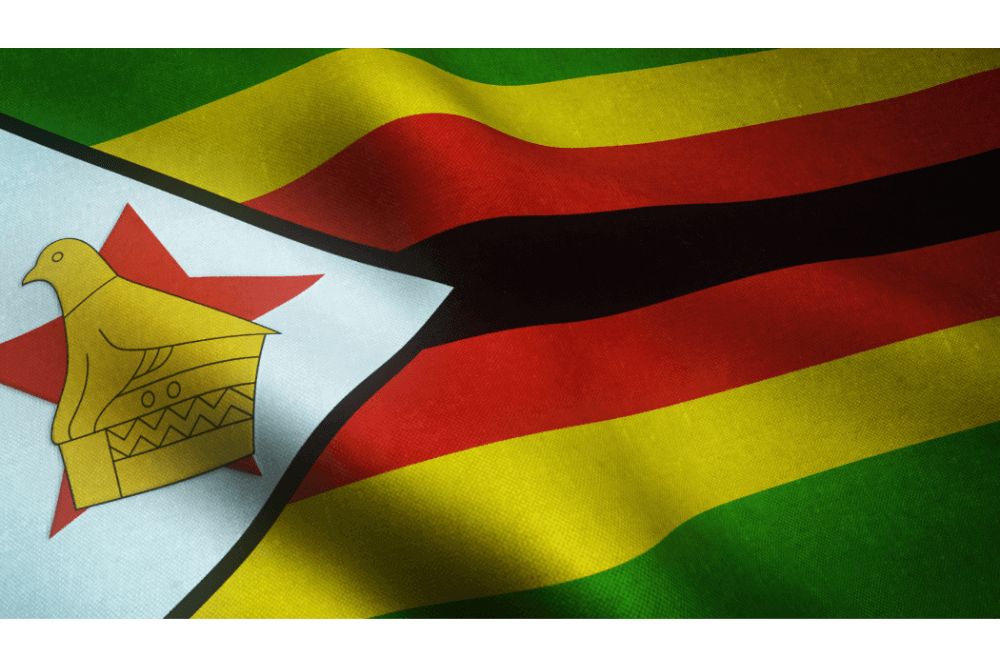
Zimbabwe: Assailants who violently attacked human rights lawyer Obey Shava must be held accountable
The ICJ condemns the violent attacks on human rights lawyer, Obey Shava, who was severely beaten by four unidentified assailants The Zimbabwean authorities must conduct a prompt, thorough, and impartial investigation into his assault and bring to justice those responsible for the attack. They must also take measures to protect Obey Shava’s well-being and physical safety
Obey Shava is a human rights lawyer, co-founder of Shava Law Chambers, and a member of Zimbabwe Lawyers for Human Rights (ZLHR). He has been providing legal representation to activists from the Zimbabwean opposition party, Citizens Coalition for Change (CCC). CCC spokesperson, Fadzayi Mahere, described the incident as a cowardly act done at a time Shava has been litigating on behalf of her party in the double candidates fraud cases as well as electoral appeals that have emerged in the build-up to the country’s harmonized elections on August 23.
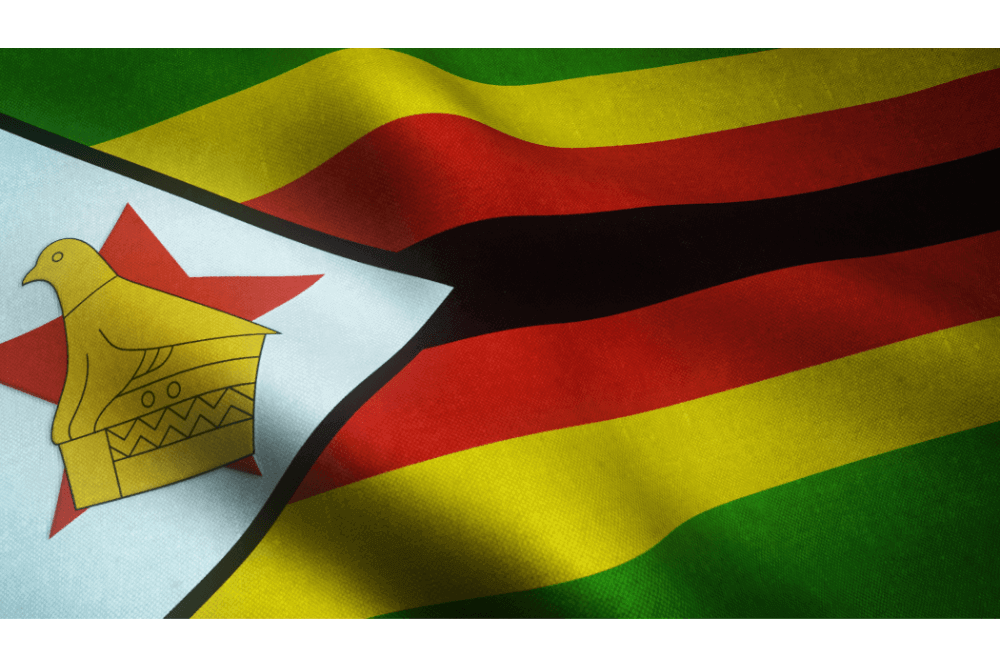
Zimbabwe: President Mnangagwa-led government must stop targeting and stigmatizing civil society organizations
As leading human rights and legal aid organizations, we urge the government of Zimbabwe to desist from targeting and negatively profiling civil society organizations, which provide invaluable services to the people of Zimbabwe and play a vital role in ensuring good governance in the country. A




